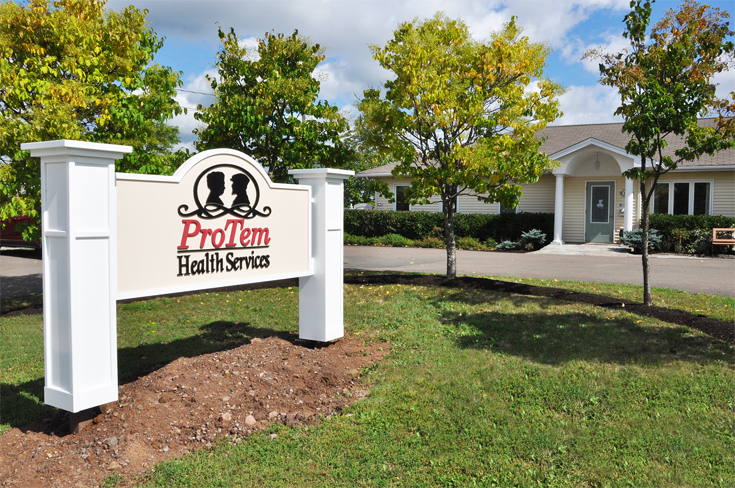About Dementia
Learn about the different types of memory diseases we specialize in at ProTem.
Normal Pressure Hydrocephalus (NPH)
Normal Pressure Hydrocephalus (NPH) is a condition where the cerebral spinal fluid collects in the brain, often without increasing intracranial pressure. The ventricles in the brain become enlarged to accommodate the extra fluid because the fluid is unable to drain out or be absorbed.
The reason the fluid is blocked from reabsorption isn’t clear. This condition was first identified in 1964, and is still undiagnosed often enough that it’s considered rare. But as more young neurologists who are looking for NPH find it, it may become more common.
There is a triad of neurological normal pressure hydrocephalus symptoms that are present with this condition and help with diagnosis: gait disturbances, dementia, and bladder control.
It’s interesting to note that normal pressure hydrocephalus is something of a misnomer. This condition was identified before continuous pressure-recording procedures were in use. It’s quite common for NPH patients to experience variations in cerebral spinal fluid, from highs to lows and back again. But the name “normal” pressure hydrocephalus is still used widely.
NPH is most commonly seen in older adults. As mentioned before, because this condition is so often misdiagnosed, it’s estimated that only about 20% of all patients with NPH are actually diagnosed by this name.
Unless the physician uses appropriate diagnostic testing, a high percentage of these patients are diagnosed with Alzheimer’s or Parkinson’s.
Since NPH is a cause for dementia that can actually be reversed by early treatment, it’s vital that diagnostic tools be used to rule out NPH in every patient who shows signs of dementia and changes in gait.
If you’ve seen this triad of symptoms in someone you love, make sure your doctor tests for NPH, and follows up with treatment.
Remember the triad of symptoms for this condition: gait disturbances, dementia, and bladder control.
There are still practicing physicians who aren’t familiar with NPH. Your best chance of an accurate diagnosis and treatment is with a young neurologist.
At ProTem here in Moncton, NB, we can help you walk through decisions for your loved one who has a dementia diagnosis.
Call us at 506.852.9652 or send us a message.
Contact Us
Visit us at:
71 Gorge Road
Moncton, NB E1G 1E5
Mailing address:
Box 4-120, 331 Elmwood Drive
Moncton, NB E1A 1X6
Telephone: 506.874.9652
Our five small homes are located in the Mapleton area of Moncton.
Sign Up for Our Newsletter




